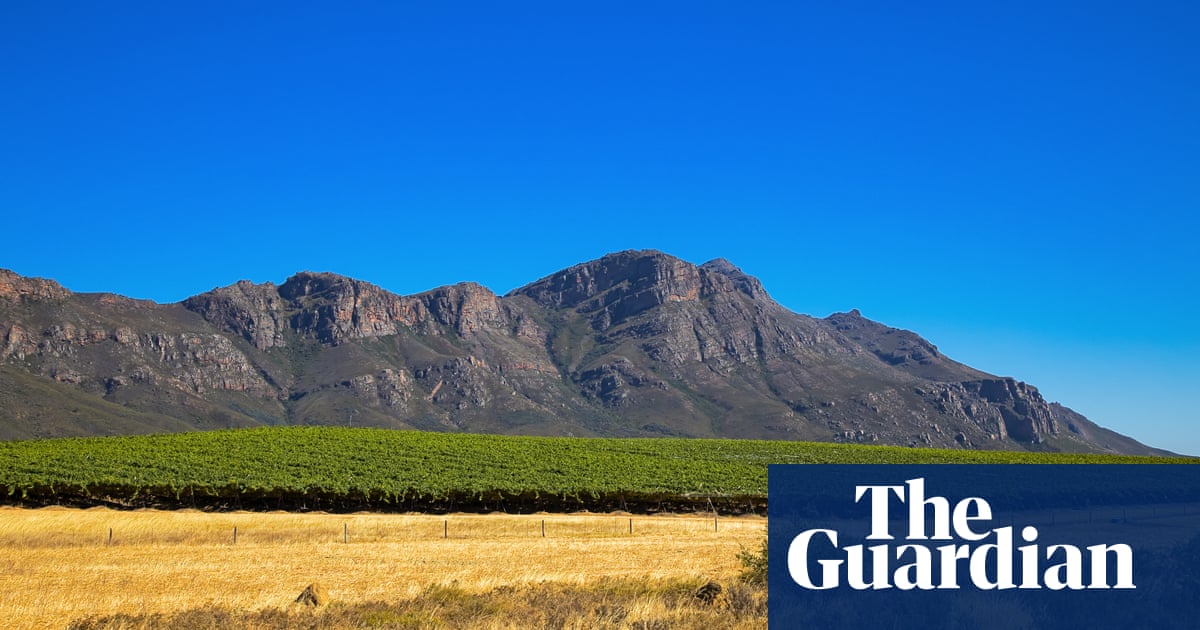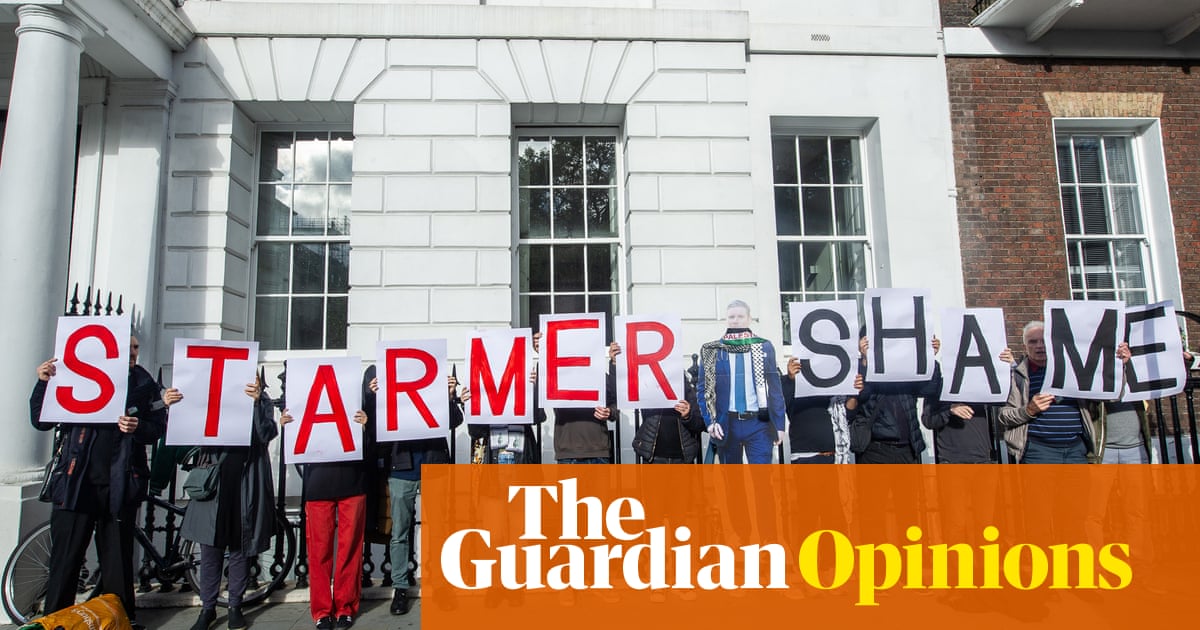
Wine prices can sometimes be baffling. You can never be quite sure where you stand. I write this having just read a piece on 2019 Bordeaux that deems some bottles priced between £40 and £50 to be “bargains”, another that trumpets the “cheapest price on the market” for a £173.50 bottle of Dom Pérignon, and another that says I need never pay more than £20 for the best quality wine around. They can’t all be right, can they?
Finding value in wine is perhaps more complicated than in other areas of food and drink. There isn’t a nice, clear formula that will give you X more quality for Y more money spent. The correlation between price and production costs is often about as clear as the funkiest unfiltered natural wines.
That isn’t to say there aren’t sometimes good, quality-driven reasons why one wine might cost more than another. For example, lowering your vines’ yield, or choosing naturally lower-yielding older vines, and then vigorously selecting only the healthiest grapes at harvest will leave you with better quality raw material. But you won’t be able to make as much wine, and you’ll have to pay for more highly skilled workers, or invest in an expensive optical sorting machine, to help you get it.
The same goes for hand-harvesting rather than using a machine, and then there’s equipment: new French oak barrels, or their more fashionable modern counterparts, concrete eggs and clay amphorae, don’t come cheap, nor do the most gentle, sensitive presses.
These costs add up. But in truth, and even allowing for a generous margin for the producer, it’s hard to make them come to a bottle costing much far north of £25. Certainly, it’s possible to find a wine that has taken all those qualitative steps for that price or, in certain unfashionable places, with cheaper land and labour costs, for less.
The complicating, confounding element is that no matter how meticulous your methods and how lavish your spending on them, the single most important factor in lifting a wine from good to great is the vineyard. These don’t produce great wine on their own, they still require skilled and expensive husbandry, but some just have an X-factor, a facility for making wines with an ineffable extra something about them.
The bad news is that many of these vineyards, certainly in the most famous fine wine regions of Europe, have long been identified, and, with finite production, and rising demand, their prices keep climbing. You can find relative value in places such as Burgundy or Barolo – by catching a lesser-known producer, or an old one under new ownership, while they’re on their way up – but never flat-out bargains.
The good news is that new, special vineyards are being discovered or rediscovered all the time, all over the world. From once-forgotten corners of the Languedoc to newly planted sites in Argentina’s Uco Valley or Australia’s Macedon Ranges, truly great value wines are out there – you just have to look a little harder to find them.
Six genuinely good value wines
Best value supermarket own-label range
Tesco Finest Côtes-du-Rhône Villages
Signargues, Rhône, France 2022 (£8.50, Tesco)
Because less of the margin goes to the supplier, in principle a supermarket own-label wine should be better value than its branded equivalent. That’s not always the case, but Tesco has some genuine bargains in its Finest line-up, none more so than this spicy-brambly Rhône red.
Best value European country: Portugal
Asda Extra Special Dão
Portugal 2021 (£7.50, Asda)
Parts of Spain and southern Italy and France may give it a run for its money, but taken as a whole, no European country is making better-value wine right now than Portugal. That applies at all price points but is perhaps most keenly obvious below £10 and in wines such as this immensely characterful, elegant red.
Best value outside Europe
AA Badenhorst The Curator White Blend
Swartland, South Africa 2022 (£9.99, Waitrose)
Outside Europe, South Africa vies with Chile as the best source of value, but I reckon the Cape takes the prize for the greater depth of its small-producer scene, which is home to some of the world’s most keenly priced fine wines, as well as excellent sub-£10 bottlings from top producers, such as this luminous, balanced white.
Best value Cru Classé Bordeaux
Château Cantemerle, 5ème Cru Classé Haut-Médoc
Bordeaux, France 2019 (£43, tanners-wines.co.uk)
Bordeaux’s few dozen leading “cru classé” wines are never cheap. But, for all the emergence of fine wines made in the same style elsewhere in the world, there is still nothing quite like top claret in a great vintage. In that context, the underrated Cantemerle is an always-elegant steal, even at £43.
Best value Grandes Marques Champagne
Charles Heidsieck Brut Réserve Champagne
France NV (£44.99, laithwaites.co.uk)
The Co-op has one of the best value champagnes around (Les Pionniers; £22.75 made by Piper-Heidsieck). But pound for pound, nothing matches Charles Heidsieck’s Brut Réserve when it comes to providing the classic Champagne combination of patisserie richness and scintillating acidity.
Best-value fortified
Hidalgo Pastrana Manzanilla Pasada Sherry
Spain NV (from £14.50, thewinesociety.com; majestic.co.uk; Waitrose)
All fortified wines are drastically undervalued but sherry is particularly so: the quality of even the simplest own-label fino and oloroso far outstrips light wine equivalents of the same price. The same is true of this gloriously savoury manzanilla – a dry white wine of this depth and quality would be well over £20.












